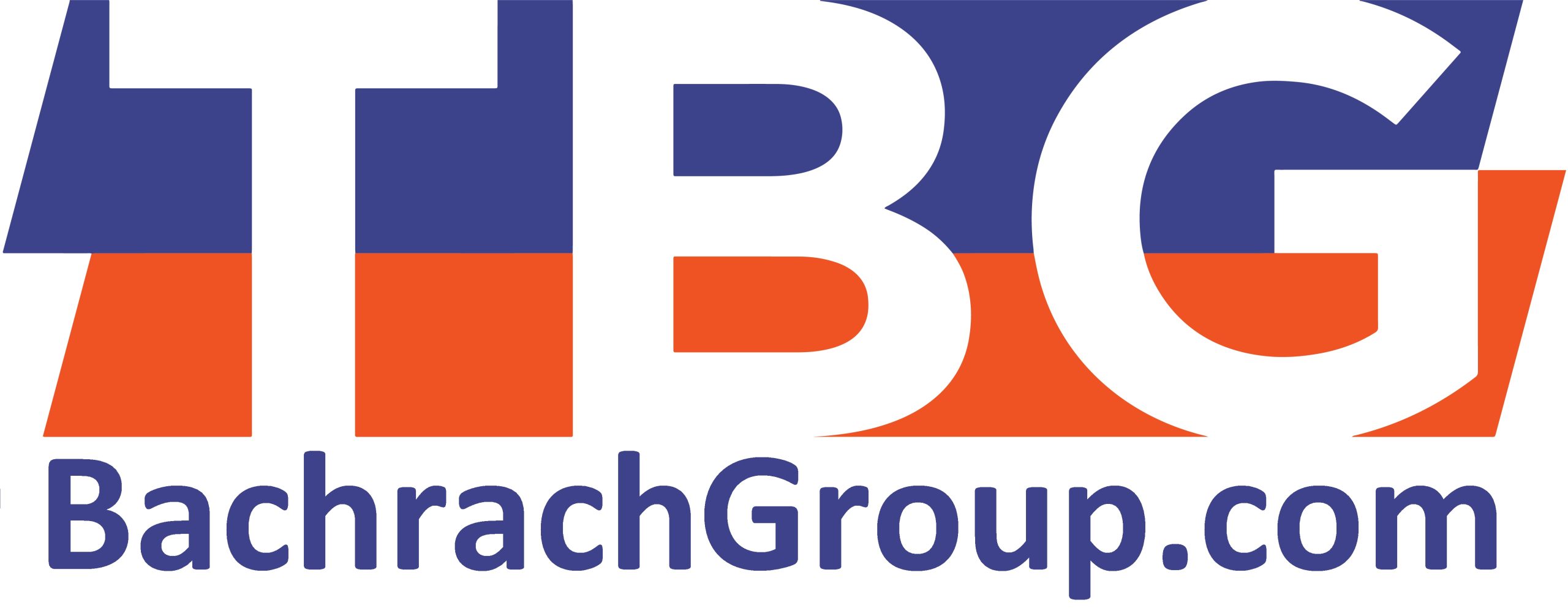It’s tough shifting gears to a different career later in life, especially when it’s unexpected. Here are some reasons why transitioning into a new career in your 40’s or 50’s like I have can actually be quite advantageous:
You have experience: You’ve been in the workforce for a while. You’ve had great jobs, bad jobs, and everything in between. Maybe you’ve been a manager or a director somewhere; maybe you’ve even hired and trained people. Those 20-25+ years of employment experience are a HUGE advantage, because you’ve developed strong skills, many of which are highly transferable. You are also very likely to have an idea of what to expect from a hiring manager, especially if you were one yourself, which will be to your benefit in the interview process.
You have empathy: You remember what it was like to be the 20-something year old college grad just starting their first big job, or the career changer in their 30’s who was just let go from a company that they’d given 10 years of dedicated service to. Because of this, you’re able to empathize with – and create stronger connections with – your new co-workers and clients. Empathy is a skill that anyone of any age can have, but the best way to develop it is through experience.
You have had a lot of jobs/careers: According to Perception Predict, the average adult in their mid-50’s has worked seven jobs throughout their life. I, for instance, have worked in retail, sold life insurance, ran sales teams for various software companies, sold firewalls; I even worked in sales for Enron and WorldCom back-to-back! It is a huge advantage to be able to refer back to the knowledge and experience you gained throughout your work history and use this to advise you in your new career.
You know a lot of people: It’s really hard to get to your 50’s without meeting and getting to know thousands of people, both personally and professionally. Those people you know are all valuable connections. This is also a plus of having worked a variety of jobs: I know software engineers, sales and sales management professionals, HR people, executives, etc. Having these relationships can help both you and your connections. For example, if you are able to make an introduction between one of these connections and your new employer, you could receive some positive attention from your employer for making this referral, while your connection benefits from a potential new avenue of business.
Hopefully, by now, you have some business sense: If you’ve been in the business world for 20-30 years, you probably have at least paid some attention to how a company works. How do businesses make decisions? Which areas of a company bring in the most revenue? What types of employees succeed and fail? It’s hard to have this kind of knowledge without actually having spent decades in the trenches, and it’s an invaluable tool that you will be able to with you into your new career.
We have some real pros here at TBG that are in my age bracket, and I know the same can be said for many other organizations, in many other industries. What attributes do you think makes it beneficial to kick off a new career in your 50’s?
– Eric Johnston, Senior Associate



